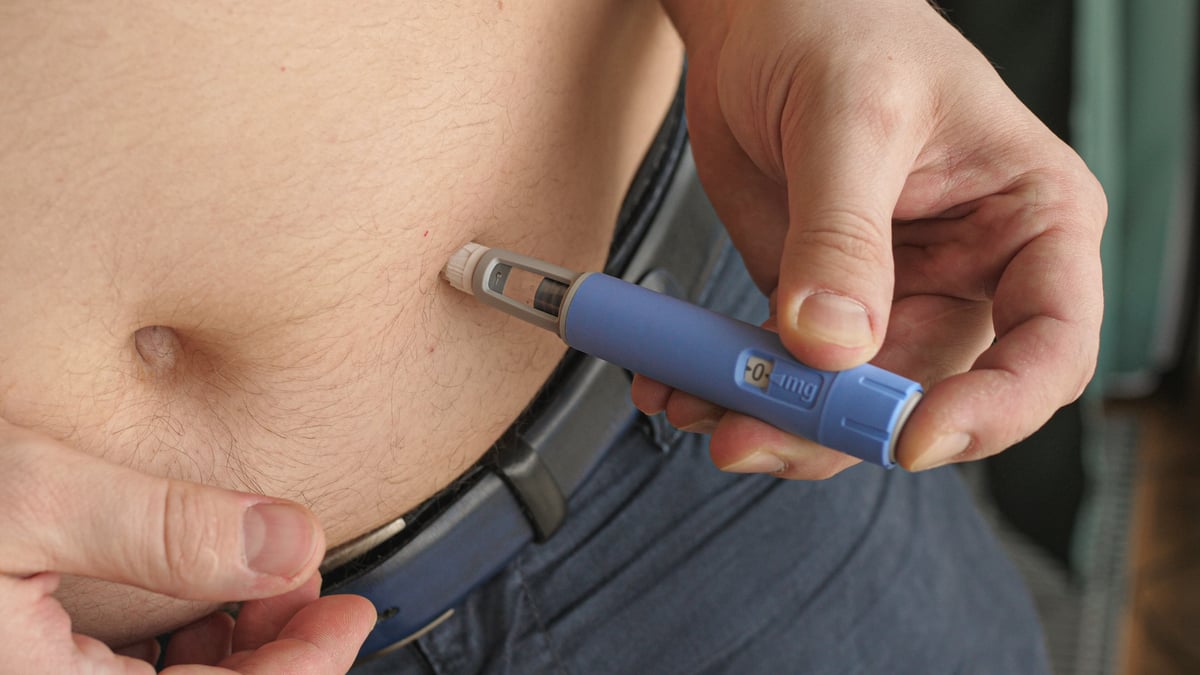With the SPDR S&P Biotech Index up 28% over the trailing-12-month period, it's evident that investment dollars are willingly flowing into the biotech sector. Keeping that in mind, let's have a look at some of the rulings, studies, and companies that made waves in the sector last week.
Earnings season naturally makes the biotech sector a breeding ground for news, but we were treated to a plethora of clinical data, an FDA ruling, and even a buyout, last week. Because there was so much data to examine, I'm breaking this week's roundup into two separate parts: clinical data and partnerships, and FDA approvals and buyouts.
Let's start by examining this week's important trial data.
In the plus column
Biotech superstar Celgene (CELG +0.00%) successfully continued in its quest to give the FDA a reason to widen the approved indications for its cancer drug, Abraxane. As reported by Forbes, Celgene's late-stage MPACT study for aggressive pancreatic cancer showed that Abraxane combined with Eli Lilly's (LLY 0.91%) Gemzar boosted survival by 7.7 weeks versus just treatment with Gemzar alone. Perhaps even more impressive was the 28% risk of death reduction associated with Abraxane use in trials. Celgene continues to give investors every reason to believe that it will double its revenue by 2017 as it predicted earlier this year.
Biogen Idec (BIIB 0.69%) also wowed investors with positive late-stage data for peginterferon beta-1a, an experimental treatment to reduce relapses of multiple sclerosis. In trials, peginterferon beta-1a reduced relapses of MS by 35.6% after one year on a two-week dosing schedule, and by 27.6% on a four-week dosing regimen. In short, MS patients could be looking at one-quarter or one-half as many injections as the current standard if using peginterferon beta-1a. Biogen is expected to file for approval in the U.S. and Europe later this year.
Small-cap Vanda Pharmaceuticals (VNDA +6.20%) gave investors something to cheer when it noted that tasimelteon, its orphan sleep-disorder drug designed to treat non-24-disorder, maintained its clinical benefits relative to the control arm, where visible deteriorations in clinical benefits were apparent. The sleep disorder market is very crowded, but focusing on an unmet need like non-24-disorder could be a successful venture for Vanda. The company expects to file a new drug application for tasimelteon by midyear.
Down, but not out
On the flipside, early results from Eli Lilly's late-stage stomach cancer trial for ramucirumab were mostly disappointing. Relative to the control arm, ramucirumab extended overall median survival to 5.2 months from 3.8 months as seen in the control arm, but Wall Street analysts had been looking for a considerably stronger performance. In terms of progression-free survival, ramucirumab was effective for 2.1 months, as compared with 1.3 months for the control. Even if the drug gains approval, as FierceBiotech's John Carroll points out, who's going to pay up for such a statistically small improvement?
Sharing is caring
On the partnership front, Celsion (CLSN 1.57%) entered into a development pact with China's Zhejiang Hisun Pharmaceuticals for use of ThermoDox, its injectable medication with is activated through radio frequency ablation at the site of a tumor. Under the pact, Celsion will receive $5 million upfront but could receive up to $100 million according to estimates by The Wall Street Journal. Even better for Hisun, it has the opportunity to walk away from the deal, having only put forward $5 million. Late-stage data for ThermoDox with regard to hepatocellular carcinoma is due out sometime this month or next month, so Hisun will soon have its answer as to whether to stick around or jump ship while it still has the chance.
Stick around for Part 2 of "This Week in Biotech," where we'll examine the FDA rulings and buyouts that made headlines.









